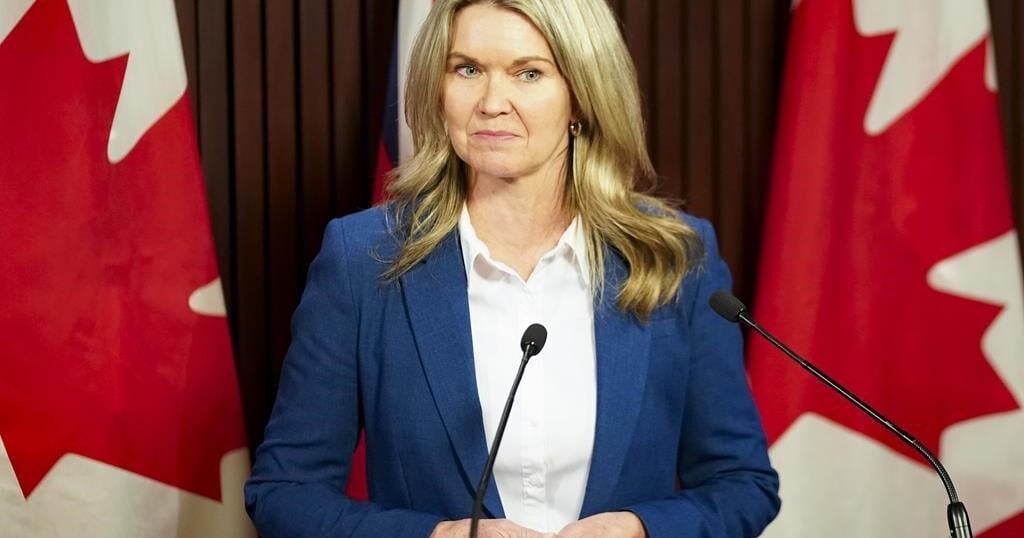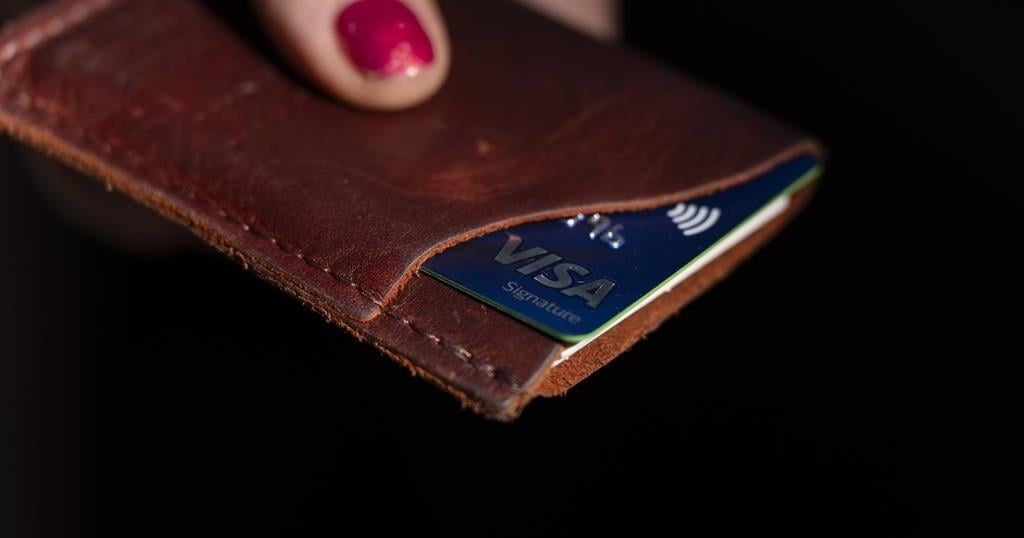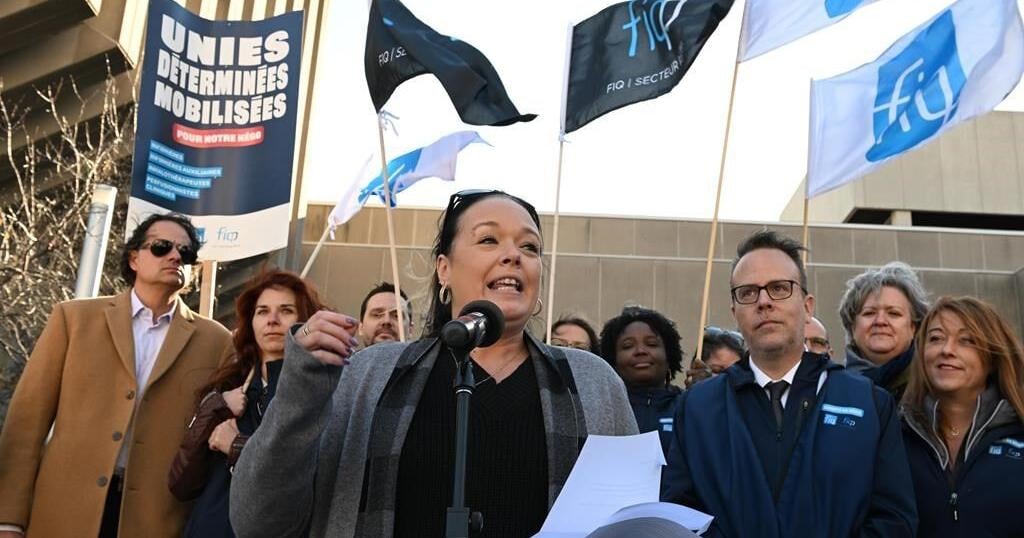TORONTO – Hundreds of Ontario’s liquor stores reopened Tuesday following a strike that lasted more than two weeks, but the fighting between the union representing workers and the government dragged on.
About 10,000 Liquor Control Board of Ontario workers had returned Monday to prepare for the opening of nearly 700 stores after they walked off the job on July 5.
The Ontario Public Service Employees Union, which represents LCBO workers, had said the labour dispute was largely about Premier Doug Ford’s plan to allow convenience and grocery stores to sell ready-to-drink cocktails. The expanded sales, it said, was an existential threat to the workers’ future.
The sniping continued Tuesday as the union took umbrage with Ford’s comments from Monday, when he said the strike should never have happened.
The union said it made “significant gains” as a direct result of the strike.
“LCBO workers are proud of what they achieved in this contract, which wouldn’t have been possible without the strike,” said Colleen MacLeod, chair of the union’s LCBO bargaining unit. “They’re also happy to get back to work serving their communities again.”
The three-year deal, which the LCBO workers ratified over the weekend, sees an eight per cent wage increase over three years, the conversion of about 1,000 casual employees to permanent part-time positions and no store closures over the course of the agreement.
The union said converting those casual positions into 1,000 permanent part-time jobs and the guarantee of no closures for the duration of the contract was not on the table before the strike.
As part of the reopening, the LCBO said there will no longer be limits placed on online orders, but those orders could take up to three weeks for delivery.
Outside one LCBO in Toronto’s west end, Jay Brafman lambasted both sides for the strike.
“I think (the union) basically held hostage Ontarians and that’s not the right way to get more out of your job,” he said.
Brafman, a fan of the government’s plan to expand alcohol sales into convenience stores, also criticized Ford.
“If he really wanted to show some courage, he would have liquidated the LCBO,” he said.
Brafman, a vodka drinker, was put out during the strike as the LCBO is the main seller of spirits across the province.
“It cost me a ton of money having to go out to bars if I wanted to drink,” he said, adding that he’s happy the stores are open again.
Ford’s previous plan was to get beer, wine and ready-to-drink cocktails in convenience stores and all grocery stores by 2026, completing a 2018 election campaign promise. But in May he announced that would instead happen this year, capping speculation of an early election that Ford did not outright deny.
Convenience stores will be allowed to sell beer, wine and coolers starting Sept. 5 while newly licensed grocery stores can do so starting Oct. 31.
An “early implementation agreement” with The Beer Store involves the province paying the company up to $225 million to help it keep stores open and workers employed. The province is also giving brewers a rebate on an LCBO fee that normally brings in $45 million a year, and it is giving retailers a 10 per cent wholesale discount.
This report by The Canadian Press was first published July 23, 2024.





















